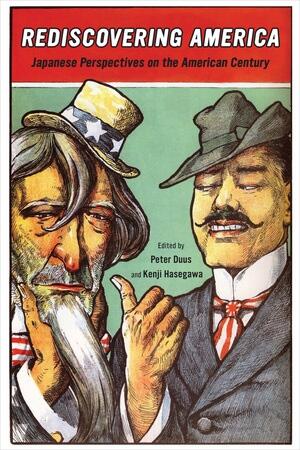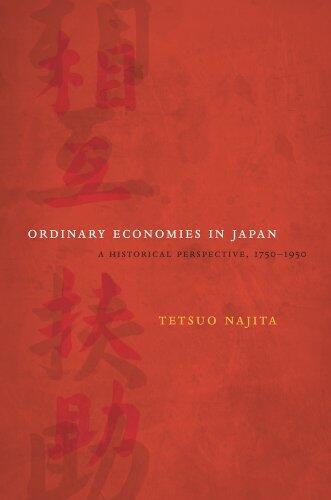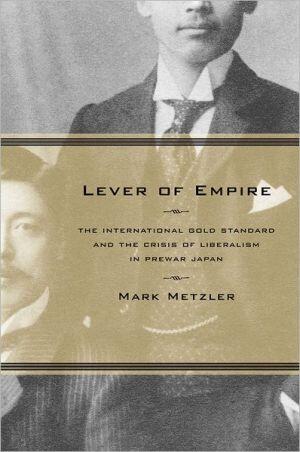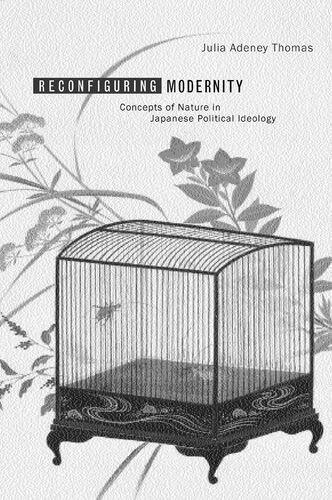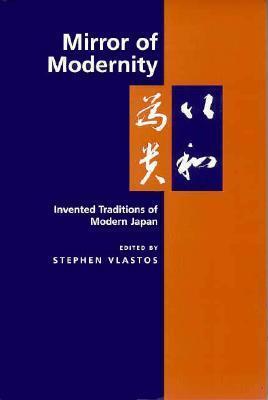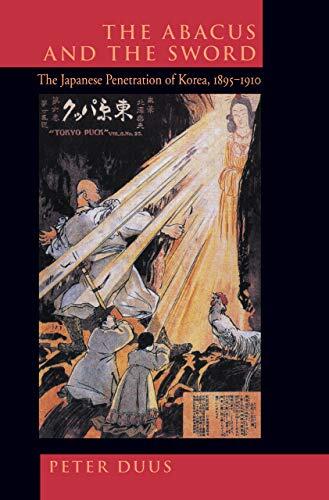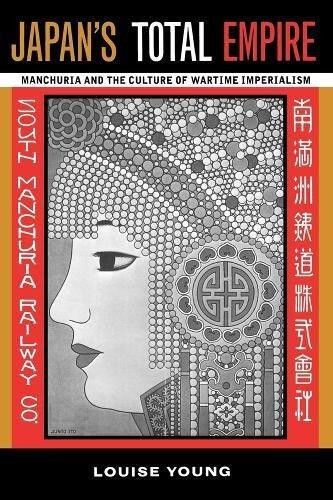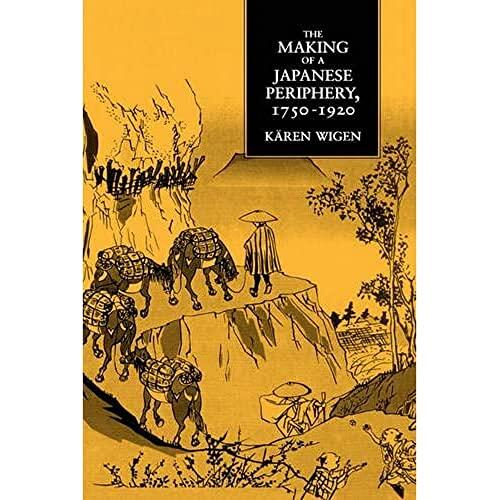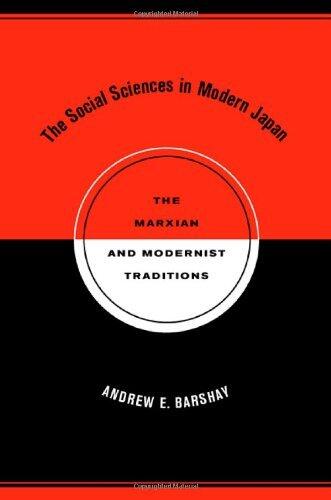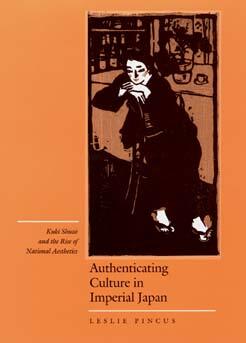
Authenticating Culture in Imperial Japan: Kuki Shuzo and the Rise of National Aesthetics
door
Leslie Pincus
Nog geen beoordelingen
History
Manga
Formaat
Kindle
Pagina's
389
Taal
Engels
Gepubliceerd
Dec 22, 2023
Uitgever
University of California Press
ISBN-10
0520916484
ISBN-13
9780520916487
Beschrijving
In the interwar years of Japan, a cultural introspection unfolded, reshaping the nation’s identity against the backdrop of increasing nationalism. Amidst this changing landscape, Kuki Shuzo emerged as a pivotal figure, exploring the intricacies of aesthetics and philosophy that framed the Japanese experience. Leslie Pincus delves deeply into Kuki's thought processes and contributions, illuminating how his ideas both reflected and influenced the cultural zeitgeist of the era.
The book intricately weaves Kuki's explorations of beauty and authenticity with the broader narrative of Japan's evolving national identity. It highlights how the philosophical underpinnings of his work played a crucial role in the establishment of a unique Japanese aesthetic, one that sought to harmonize tradition with the new socio-political realities of the time. Pincus effectively captures the tension between global influences and local traditions as Japan grappled with its place in a rapidly modernizing world.
Moreover, the author investigates the implications of cultural authentication during a period marked by imperial ambitions and blurring definitions of what it meant to be authentically Japanese. Kuki’s philosophies serve as reflections of this struggle, raising questions about the nature of identity and the cultural narratives that bind a nation together.
Through meticulous research and engaging prose, Leslie Pincus not only honors Kuki Shuzo’s legacy but also stimulates dialogue regarding the enduring complexities of cultural identity in Japan. This examination of aesthetics and nationalism enriches the understanding of how art and philosophy interlace within the fabric of societal change.
The book intricately weaves Kuki's explorations of beauty and authenticity with the broader narrative of Japan's evolving national identity. It highlights how the philosophical underpinnings of his work played a crucial role in the establishment of a unique Japanese aesthetic, one that sought to harmonize tradition with the new socio-political realities of the time. Pincus effectively captures the tension between global influences and local traditions as Japan grappled with its place in a rapidly modernizing world.
Moreover, the author investigates the implications of cultural authentication during a period marked by imperial ambitions and blurring definitions of what it meant to be authentically Japanese. Kuki’s philosophies serve as reflections of this struggle, raising questions about the nature of identity and the cultural narratives that bind a nation together.
Through meticulous research and engaging prose, Leslie Pincus not only honors Kuki Shuzo’s legacy but also stimulates dialogue regarding the enduring complexities of cultural identity in Japan. This examination of aesthetics and nationalism enriches the understanding of how art and philosophy interlace within the fabric of societal change.
Recensies
Nog geen beoordelingen
Wees de eerste om dit boek te recenseren en deel je gedachten
Voeg Eerste Recensie ToeLeeslogboek
Geen leeslogboeken gevonden
Begin met het volgen van je leesvoortgang om logboeken hier te zien
Voeg je eerste leeslogboek toeNotities
Geen notities gevonden
Begin met het toevoegen van notities om ze hier te zien
Voeg je eerste notitie toeTransactielogboek
Geen transactielogboeken gevonden
Begin met het volgen van je boektransacties om logboeken hier te zien
Voeg je eerste transactielogboek toe